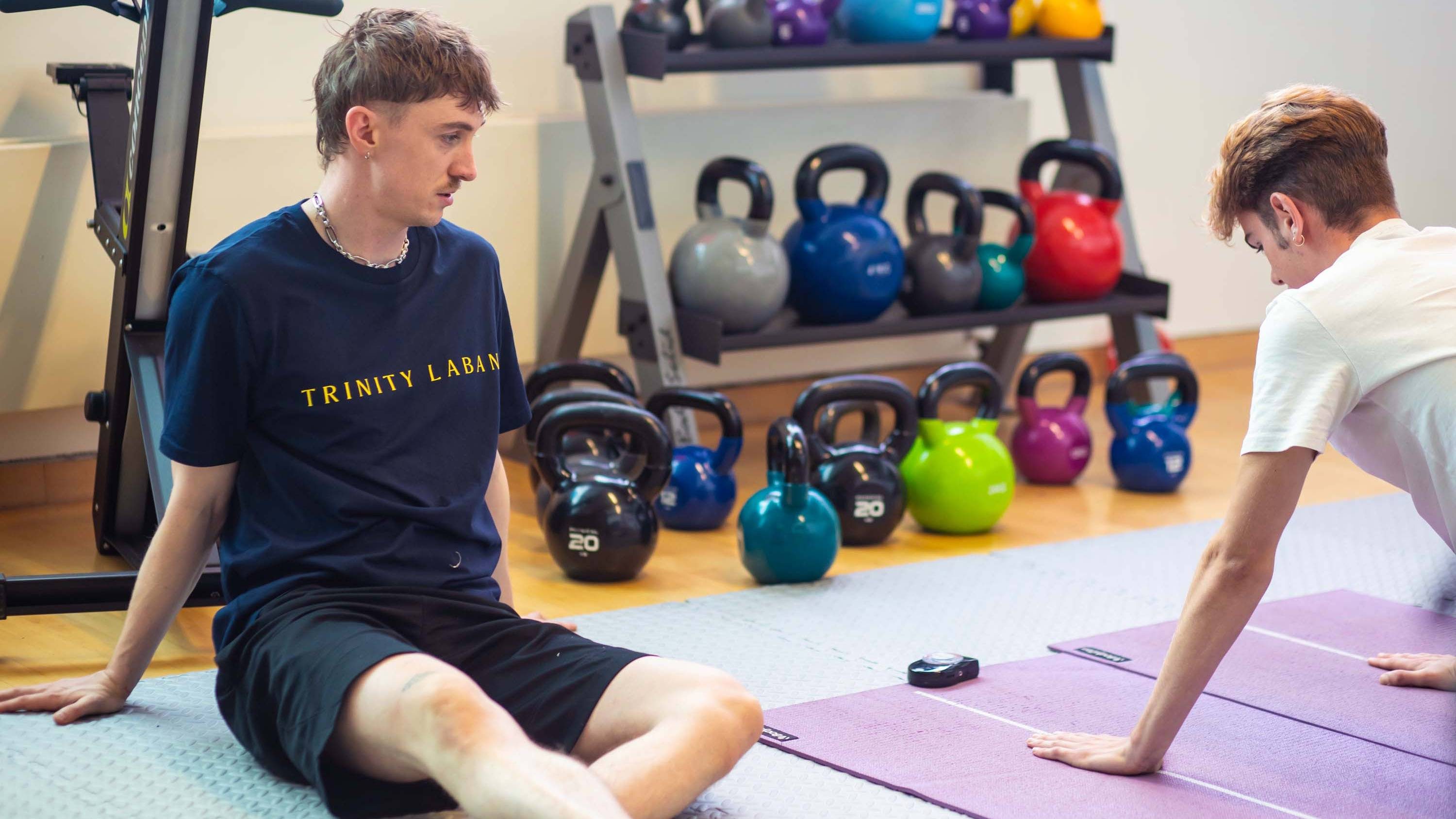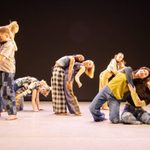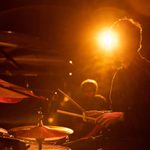
MSc Dance Science
Course details
Introduction
Trinity Laban launched the world’s first Masters degree in Dance Science in 2001 and has been a pioneering force in the field ever since. Come and join a collaborative global community and find your place in the rapidly expanding field of Dance Science.
MSc Dance Science is a research-focused course, where you’ll use scientific approaches to understand and investigate dancers and dance practice across recreational, training and professional settings.
Studying MSc Dance Science, you’ll explore topics ranging from physiology, biomechanics, psychology and nutrition, and engage with scientific and creative modes of research.
You’ll bring relevant experience in dance – whether as a dancer, choreographer, scientist, teacher, lecturer or health practitioner – and a strong motivation to deepen your knowledge of dance science.
The Masters in Dance Science is a one-year (full time) or two-year (part time) course.
Key Features
Studying Dance Science at Trinity Laban will develop your applied research skills and give you the opportunity to conduct research in studio and lab-based contexts.
It is also a collaborative programme, and you’ll have opportunities to work with students on other postgraduate programmes. The course finishes with an independent research project on a topic of your choice.
Our team is internationally known in the field and work with professional companies and organisations around the world. Trinity Laban is a founding partner of the National Institute of Dance Medicine and Science (NIDMS) and a supporter of the International Association for Dance Medicine & Science (IADMS).
Our in-house Fitness Screening & Health Tracking Programme and departmental research projects give you the opportunity to gain valuable experience of working as a dance scientist while you study. Our specialist facilities include a versatile testing laboratory with dedicated support staff, a specialist dance library and 12 dance studios.
The MSc in Dance Science will set you up for various career pathways. The course provides a strong foundation for students who want to pursue a career in higher education, such as lecturers, researchers, or doctoral studies in dance science. Trinity Laban graduates have also gone on to work as consultants for dance companies, training institutions and dance organisations; while others have used the dance science knowledge and skills gained to enhance their practice in the field, as dancers, teachers, rehearsal directors, choreographers, clinical practitioners, fitness instructors, or business owners.
Key Facts
- UCAS
- 801F (Full-time), 804P (Part-time)
- Duration
- 1 year (Full-time), 2 years (Part-time)
- Location
- Laban Building
- Start Date
- Sep 2025
Fees
Audition fees
Please note that there is no audition fee for this course. You will only need to pay the UCAS Conservatoires administration fee of £28.50 for the 2025 entry cycle.
2024-25
- Dance audition fee 24/25
- No Charge
- Msc Dance Science (Full-time)
- Home £10,630 International £22,250
- Msc Dance Science (Part-time)
- Home £5,930 International £12,540
2025-26
- Dance audition fee 25/26
- No charge
- Msc Dance Science (Full-time)
- Home £10,950 International £23,200
- Msc Dance Science (Part-time)
- Home £6,160 International £13,040
- Info 25/26
- Fees represent 2025/26 year only, programmes with more than one year are subject to fee increases after the first year
Key Dates
-
Submission deadline
-
Induction (2025-26)
-
Term 1 (Autumn)
-
Term 2 (Spring)
-
CoLab
-
Term 3 (Summer)
Detailed Information
You’ll engage with qualitative, quantitative, and mixed modes of research, preparing you to translate theory and skills to practice. You’ll experience a variety of flexible learning and teaching methods, including webinars, seminars, digital and practical workshops, group and individual tutorials, mini-conference days, studio-and lab-based application, as well as independent and self-directed work.
Modules on the course cover Foundations in Performance Science, Approaches to Performance Research, and Performing Research 1 & 2, where you will get hands-on experience conducting research with performing artists in the laboratory and the studio.
To dive deeper into personal areas of interest, the Applications in Dance Science provides a selection of choices: Movement & Technique Analysis, Strength & Conditioning in Dance, Performance Psychology, Dance Training & Education, and Arts & Health.
During your studies, assessments are specifically designed with your employability skills in mind, aiming to reflect the knowledge and skills required of graduates entering the dance science sector. These tasks include a multidisciplinary dance science portfolio, developing a project proposal, group project lab reports and designing and delivering a Dance Science workshop.
The MSc Dance Science consists of approximately 1800 notional learning hours.
Entry Requirements
To study with us you will need an appropriate first degree (or an equivalent qualification) or 5 years’ professional experience in a relevant discipline.
We will follow the Institution’s Recognition of Prior Learning (RPL) process, if you don’t meet the standard entry requirements.
English Language requirements (if applicable)
-
You will need IELTS Band 6.5 overall with a minimum of 5.5 in all four areas (General English Test) or above (or equivalents).
-
If you require a Student visa to study in the UK, please be aware of its English language requirements, as they may differ. Secure English Language Tests and levels can be found at gov.uk. Meeting external requirements of UK Visas and Immigration is essential.
You can visit the Applications page for full details of entry requirements and the application process for this programme.
Staff
Teaching Staff

Catherine Haber
Programme Leader

Berenice Zammit
Lecturer in Dance

Dr Lucia Piquero
Lecturer in Dance

André Fabien Francis
Lecturer in Dance

Dr James Brouner
Lecturer in Dance Science






